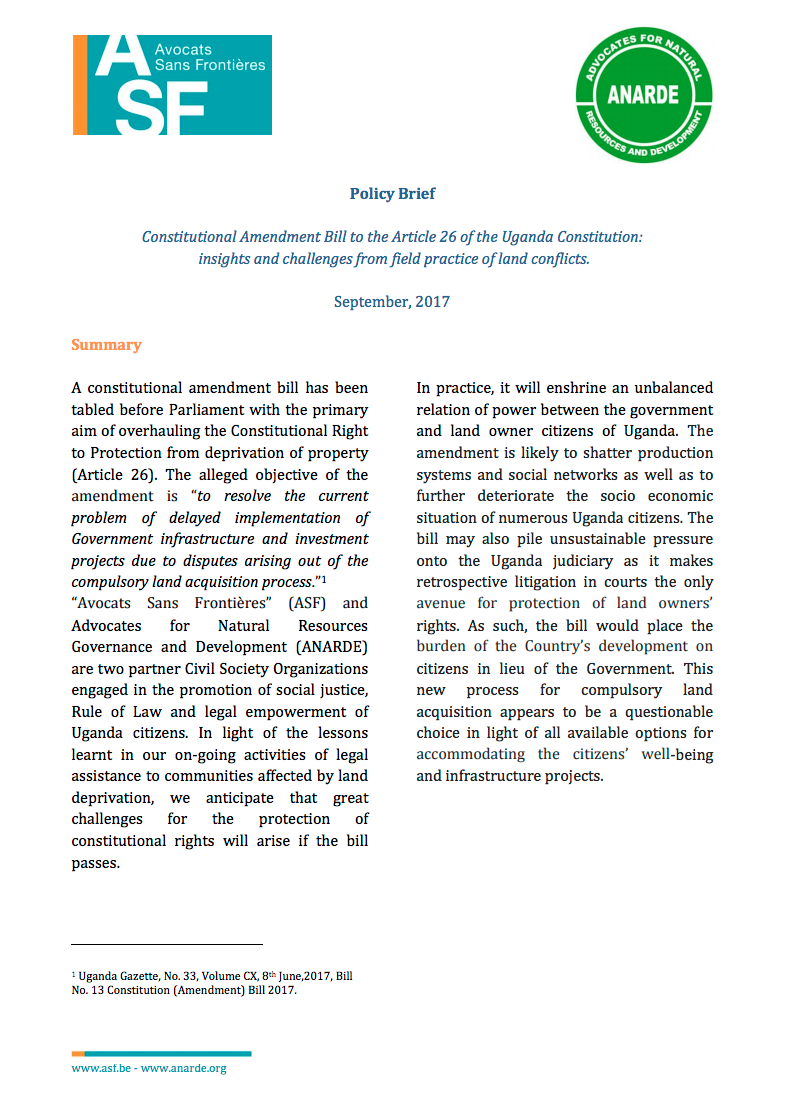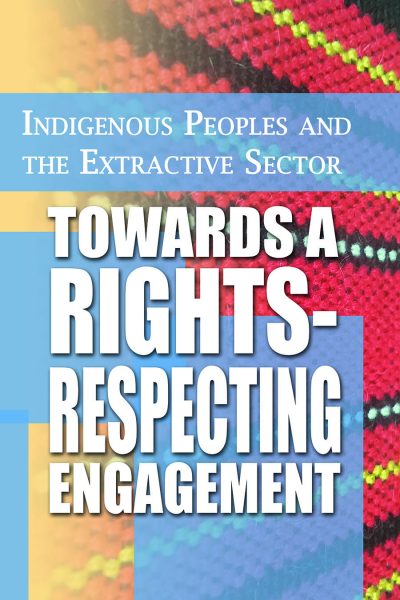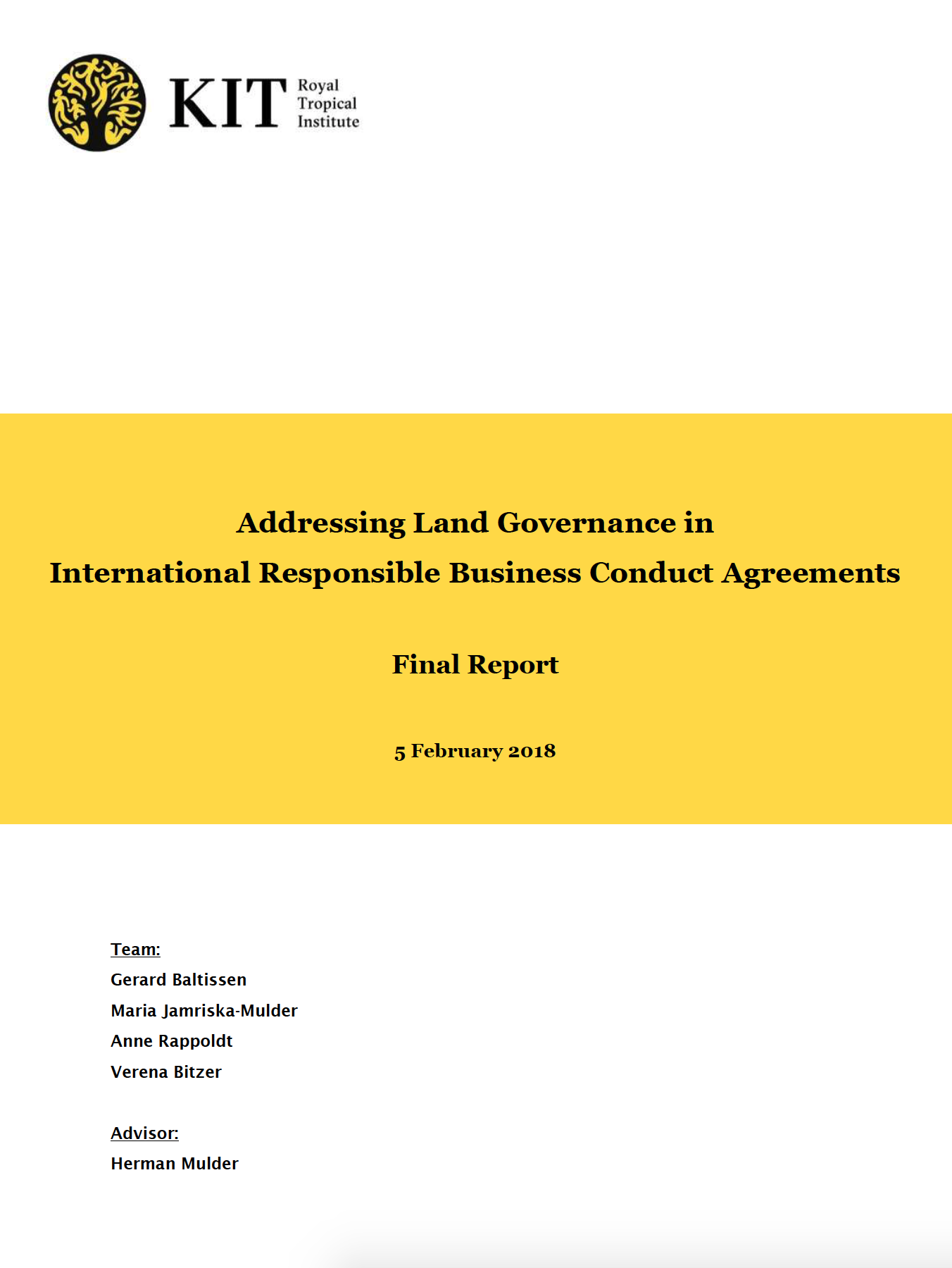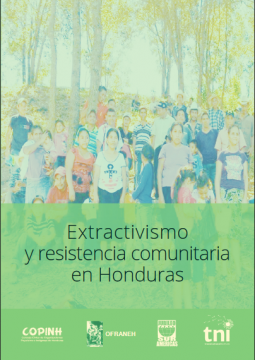Overhaul of the right to protection from deprivation of property in Uganda
The exploitation of natural resources plays a critical role in the Uganda government’s plans to develop the country. Extractive industries are up scaling their activity as the sector is gearing up for the exploitation of oil and gaz by 2020. In a country where most people live off the land, the construction of industrial infrastructure carries great risks for the protection of fundamental rights.








